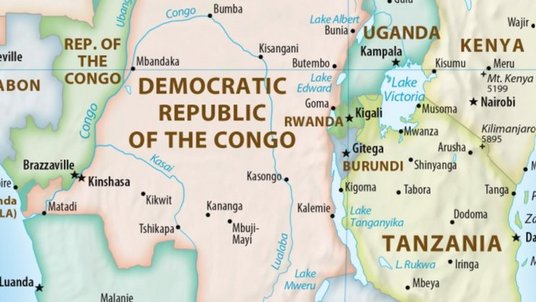
P070_DR Congo
Mycotoxins and their Exposure Assessment in the Population in South-Kivu, DR Congo
Cooperating countries: DR Congo and Austria
Coordinating institution: Université Catholique de Bukavu (UCB), Prof. Kanigula Mubagwa, kanigula.mubagwa@kuleuven.be
Partner institution: University of Natural Resources and Life Sciences (BOKU)
Project duration: 1 July 2022 - 30 June 2024
Budget: EUR 19.350
Abstract:
In sub-Saharan African (SSA) countries, mycotoxins pose many public health problems and have become increasingly common. These mycotoxins contaminations are mostly responsible of nephrotoxicity, hepatotoxicity, cancer or immunosuppression and the most affected populations are infants and young children as long as their immunity system is underdeveloped and the intake of foods per kg bwt is high. Unfortunately, no data exist on the exposure to mycotoxins in many areas, including in South-Kivu, while many reports suggest the presence of these contaminations within the population.
The objective of this project is to determine the exposure level to mycotoxins within the South-Kivu populations. A cross-sectional study design will be used combined with analytical components; this will involve a survey in Bukavu town, for the consumption pattern where a Quantitative Food frequency Questionnaire (QFFQ) will be used. Data will be collected on diet recalled for the previous 7 days. The stratification sampling method will be used. The food samples will be collected from each household for further mycotoxins analysis. Monte Carlo simulation models will be used to generate the most suitable risk scenarios. Furthermore, urine and plasma samples will be collected for young people and adults to evaluate internal exposure by using an ultra-high-performance liquid chromatography tandem mass spectrometry (UHPLC-MS / MS) method. The results of this study will be used by the stakeholders to take measures to protect the populations from consumption of unsafe foods and furthermore to recommend the strategies to minimize the risk of mycotoxins contamination in South-Kivu.